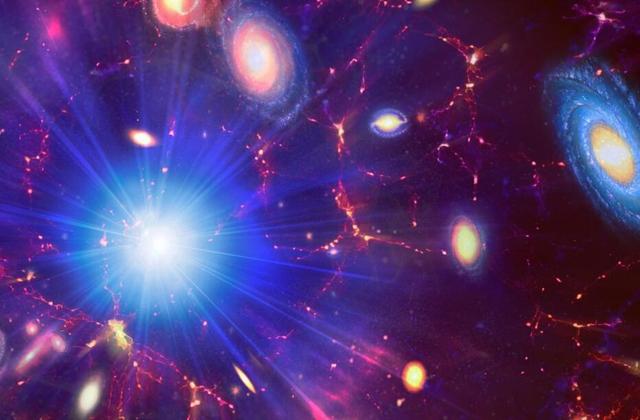The greatest reward of mankind in the process of exploring the universe is the knowledge of his own insignificance and ignorance. Such a statement is actually not a particular exaggeration, because there are indeed many phenomena in the universe that mankind cannot understand, for example, mankind has long discovered that there is a mysterious force in the universe that controls its operation, but until now, mankind still knows almost nothing about it.
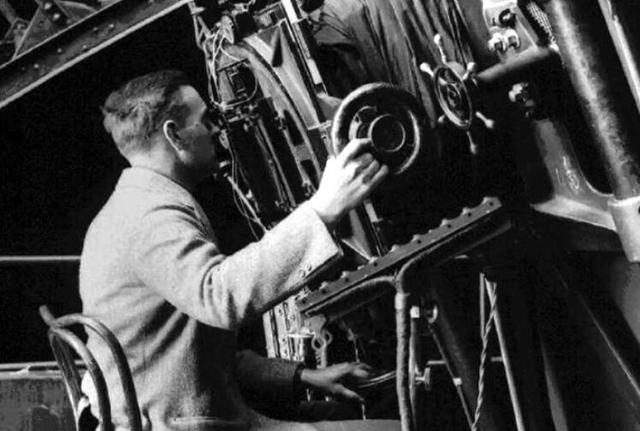
In 1929, astronomer edwin hubble made what he called a "Landmark discovery in astronomy" Based on observations that distant galaxies are moving away from us no matter which direction we look in the universe, which means that the universe is actually in a state of expansion.
This discovery provides important support for the "Big bang theory of the universe", with which we are all familiar, which simply states that the universe was born at a "Singularity" Of extremely small size, high temperature and density. "The question arises, is the rate of expansion of the universe constant from the beginning to the present?
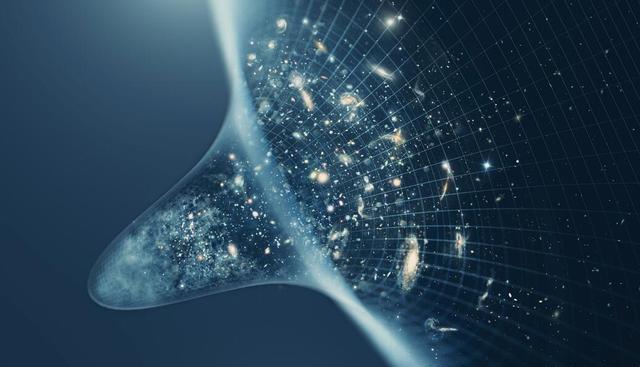
It has been generally accepted in the scientific community that since gravity is a long-range force, this force tends to cause the universe to contract, so it is reasonable to assume that although the universe has been expanding since its inception, gravity has been acting as a "Brake" In the process, and in this case the universe should be expanding more and more slowly. In this case, the universe should be expanding more and more slowly.
The best way to see if this is correct is, of course, to compare the rate of expansion of the universe over time, something we can do without a time machine.
For example, if the andromeda galaxy is about 2.54 million light-years away, we are observing it as it was 2.54 million years ago, and if it is a billion light-years away, we are observing it as it was a billion years ago.
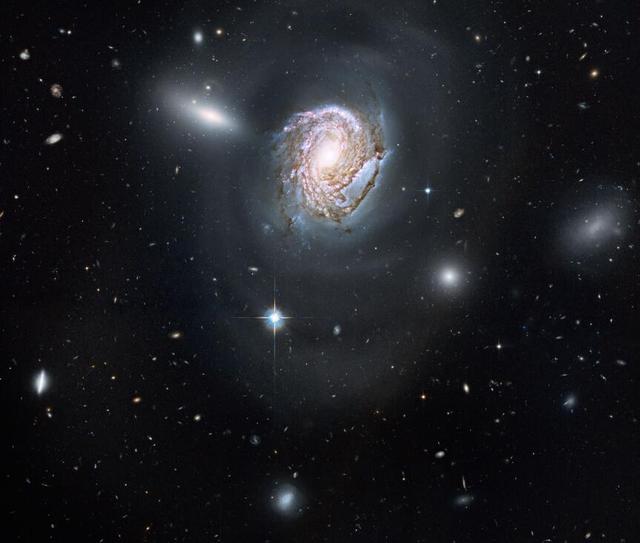
So all we need to do is observe objects at different distances and measure the speed at which they are moving away from us due to the expansion of the universe, and from that we can calculate the rate of expansion of the universe at different times.
This method is theoretically feasible, but research on it has been delayed due to limitations in the level of observations. It was not until 1998 that two research teams gave measurements from observations of "Type ia supernovae" At different distances, and both showed that the universe was not expanding slower, but faster!
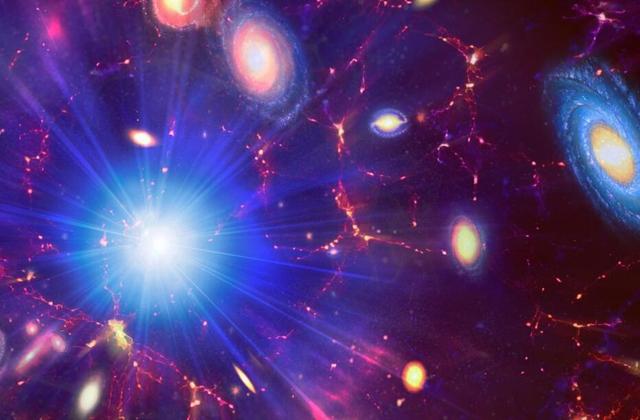
In the following years, the measurements were confirmed by the scientific community, which found that the universe was indeed expanding faster and faster, and that there seemed to be a mysterious force controlling the universe that had been pushing it to expand faster and faster.
So in 2011, the three scientists from the two teams, brian schmidt, adam rees and saul perlmutter, were awarded the nobel prize in physics that year.
Further research showed that this mysterious force accounts for as much as 68.3% of the total mass-energy of the universe, and that it is precisely for this reason that it can overcome gravity and become the dominant force controlling the functioning of the universe.
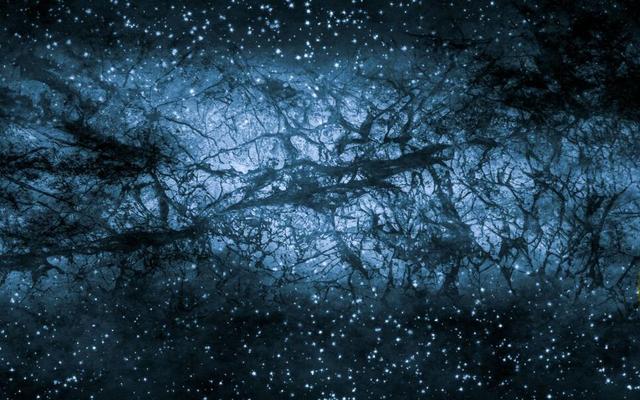
So what kind of a being is this mysterious force? Unfortunately, as far as we can tell, we know almost nothing about this force except that it can accelerate the expansion of the universe, so scientists have no choice but to call it "Dark energy".
It is worth mentioning that, following the discovery of dark energy, scientists have developed a hypothesis known as the "Great tear".
This hypothesis suggests that "Dark energy" Should be a kind of energy with a negative pressure that is evenly distributed in the cosmic space and that it exhibits a "Repulsive force" In the opposite direction of gravity, and that the increasing expansion of the universe means that the density of "Dark energy" In the universe the increasing rate of expansion of the universe means that the density of "Dark energy" In the universe is increasing, and as this process continues, the "Dark energy" Will control the universe more and more strongly, and eventually tear all the matter in the universe into indivisible elementary particles.
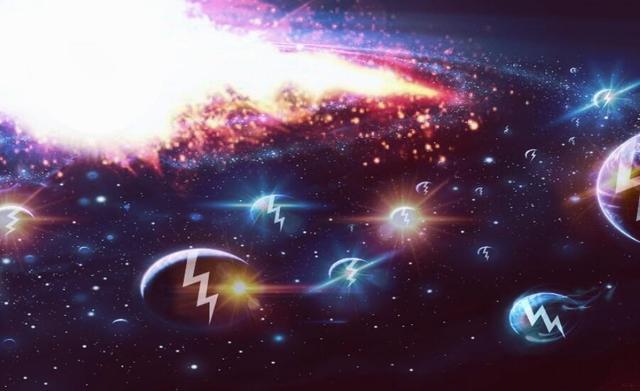
Of course, this is only a hypothesis. According to scientists' estimation, even if the hypothesis is valid, the universe will reach its final end in about 16.7 billion years, and it is conceivable that if human beings can really develop in the universe for 16.7 billion years, human civilization will have become a super civilization with technology that is beyond our imagination by then. The "Great rip" Should be no problem at all.


